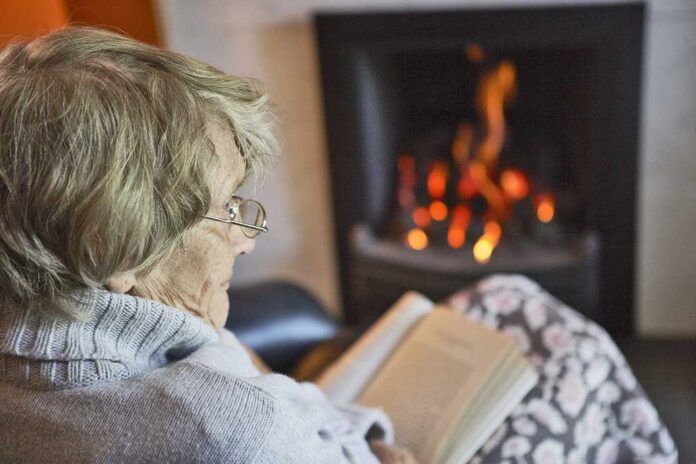Even before a pandemic, the winter months present several health risks for older adults. Cold weather, icy sidewalks, and heating accidents can all pose dangers to older individuals. Add in a global pandemic, and being mindful of one’s health and safety is more important than ever!
As we approach the third year of this pandemic, remaining safe from COVID-19 remains a top priority for people of all ages. This is especially important for older adults and people with chronic health conditions given the increased risk for severe COVID-19 infection. The public health guidance is clear that vaccinations and boosters are the best protection against all variants of COVID-19. The Philadelphia Department of Public Health can provide in-home vaccinations and boosters for individuals who are not able to travel to a vaccine site because of disability, health issues, transportation, or caregiving responsibilities. Call 215-685-5488 to schedule an in-home appointment in Philadelphia or visit www.vaccines.gov to find a vaccine site near you.
Beyond COVID-19, it is also important to be aware of other health risks that older adults may encounter during the winter months. First, there are health risks related to the cold temperatures. Older adults experience an elevated risk of hypothermia, which occurs when body temperatures drop to dangerous levels. This can happen when one is out in the cold for a long time and their body is losing heat faster than it can be produced. The CDC lists shivering, exhaustion, confusion, memory loss, and slurred speech as warning signs of hypothermia. Hypothermia is a serious medical issue and you should call 911 if you or someone you care for start showing these signs after being out in the cold.
Frostbite can also occur as a result of exposure to cold temperatures. Frostbite is caused by the freezing of the skin and the tissue underneath it. Symptoms include redness or pain on the skin, a white or grayish-yellow skin area, skin that feels unusually firm or waxy, or numbness. It most commonly occurs on the fingers, toes, nose, ears, cheeks and chin.
The steps for prevention are similar for both hypothermia and frostbite. Limiting time spent outdoors and dressing warmly when you do need to go outside in cold weather is the best protection against both these conditions. Dress in layers and wear hats, gloves, scarves, and water-resistant footwear to cover exposed skin. Change out of wet clothing when you get home to keep it from chilling your body.
Snow and ice can pose additional challenges, again disproportionately affecting older individuals. Icy roads and sidewalks are a major risk factor for falls. While anyone can slip on ice, older adults are more likely to suffer fractures and other injuries from these falls, including those that can lead to hospitalization and loss of independence. The National Institute of Aging recommends wearing shoes or boots that are non-skid, rubber-soled, and low-heeled. Walk on cleared walkways as much as possible and give yourself extra time to get where you are going so that you can move slowly and carefully.
Ice, snow, and sleet also make for perilous driving conditions. Drivers should be mindful of the weather conditions before heading out in their vehicles and should delay traveling in wintry weather if possible. The National Safety Council recommends giving your car a winter check-up to make sure that your tires, battery, brakes, and windshield wipers are in good working order. Carry a cell phone with you when you are driving so you can call for help if you do encounter any emergencies.
Finally, the winter months introduce increased fire dangers. The U.S. Fire Administration cites home heating as the second-most common cause of home fires (behind only kitchen accidents). To reduce your fire risk, keep anything flammable at least three feet away from fireplaces, wood stoves, space heaters and radiators. If you use a space heater, plug it directly into a wall outlet – no extension cords or power strips – and unplug it when you leave the room or go to bed. It is also important that older adults make plans in case there is a fire emergency in the home. Check that all smoke detectors are working properly (Philadelphians can call 3-1-1 to request a smoke detector if needed). Keep eyeglasses, hearing aids, canes/walkers, and a phone next to the bed in case you need to evacuate quickly.
Taking the proper precautions and being aware of these weather-related health risks can make sure we enjoy the winter months in the safest ways possible!
David Griffith is the director of Programs & Outreach at the LGBT Elder Initiative.
